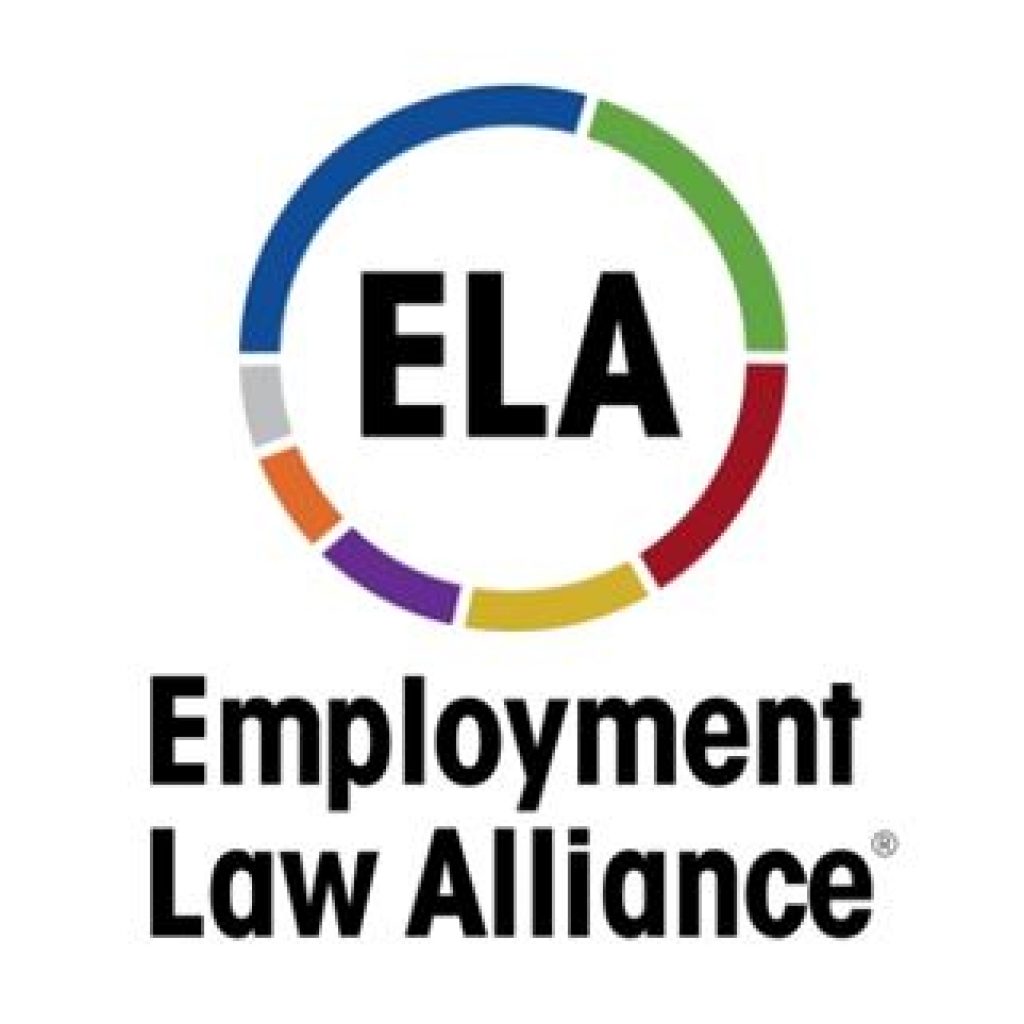Philadelphia Wage Inquiry Ban Found Unconstitutional; Wage History Ban Upheld
Philadelphia’s recently-enacted ordinance was found to be illegal to the extent it prohibits an employer from asking about an applicant’s salary history (the “Inquiry Provision”), but legally prohibits employers from relying on wage history in establishing an employee’s salary (the “Reliance Provision).
In Chamber of Commerce of Greater Philadelphia v. City of Philadelphia et al., a federal district court in Pennsylvania found that the Inquiry Provision violated the First Amendment’s free speech protections. A governmental action may limit free speech rights only where it can demonstrate a substantial governmental interest – in this case, reducing discriminatory wages and promoting wage equity. According to the court, the City failed to provide evidence such as studies or statistics that the law would, in fact, advance the governmental interest, and instead relied on unsubstantiated conclusions. Therefore, the court granted a preliminary injunction as to this provision.
The court declined, however, to enjoin the Reliance Provision. It found that this provision did not implicate the First Amendment because it targeted content (i.e. wage history, utilized to determine salary) rather than speech. The Chamber argued that the Reliance Provision was unconstitutionally vague by failing to clearly define when employers could rely upon voluntary disclosures of past salaries by prospective employees. The Court found that the ordinance did in fact adequately define a voluntary, “knowing and willing,” disclosure of wage history in an interview setting. When such a “knowing and willing” disclosure by an applicant occurs, the Court held that the ordinance is clear in allowing employers to rely upon it.







